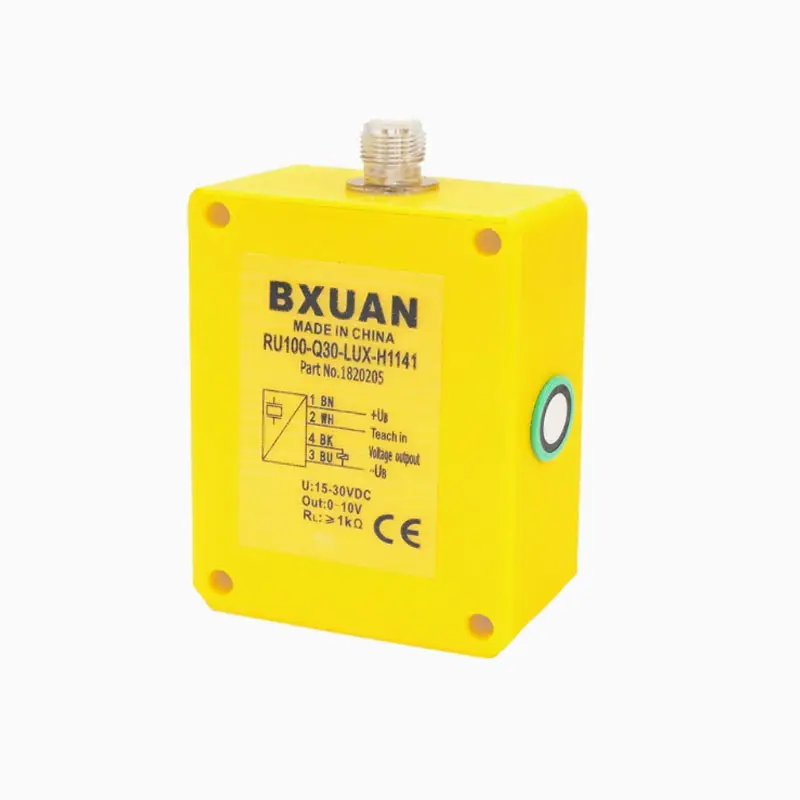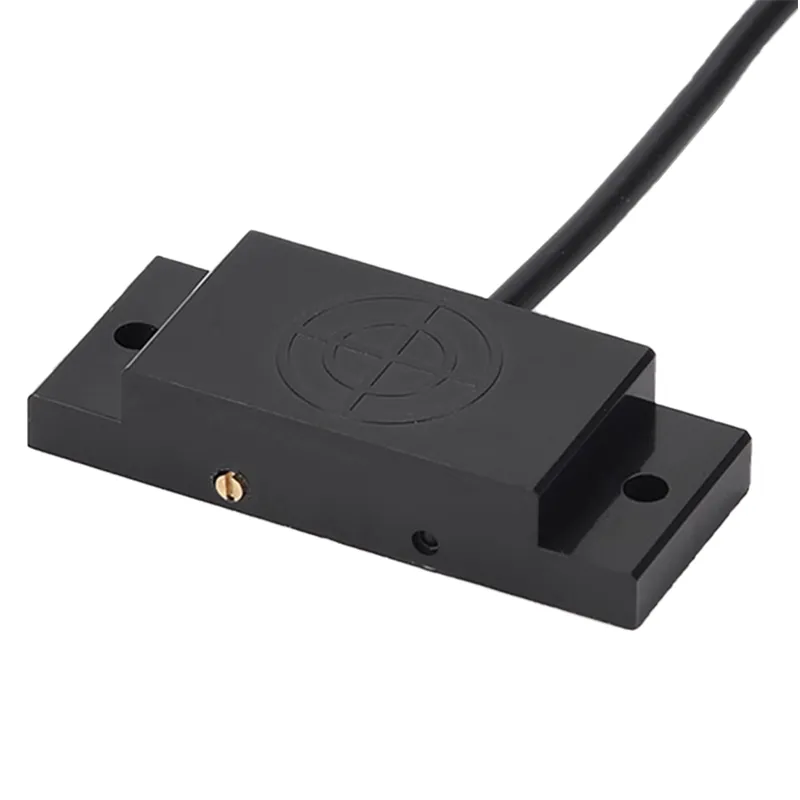Magnetic proximity sensors offer numerous compelling advantages that make them indispensable in modern industrial and commercial applications. Their non-contact operation eliminates mechanical wear and tear, significantly extending the sensor's operational lifespan and reducing maintenance requirements. These sensors excel in challenging environments where optical or capacitive sensors might fail, maintaining reliable performance even in conditions with heavy contamination, extreme temperatures, or high humidity levels. The absence of moving parts contributes to exceptional durability and minimal maintenance needs, resulting in lower long-term operational costs. Another significant advantage is their immunity to non-metallic interference, allowing them to detect target objects through non-ferrous materials, which proves invaluable in applications requiring sensing through walls or protective covers. The sensors provide consistent accuracy regardless of the target object's surface condition, unlike optical sensors that might be affected by surface reflectivity or color. Their fast response time and high switching frequency make them ideal for high-speed applications, while their compact size allows for flexible installation in space-constrained areas. The ability to operate in both AC and DC power systems offers versatility in power supply options. Advanced models feature built-in diagnostic capabilities that help prevent system failures and reduce downtime. The sensors' solid-state construction ensures reliable operation over millions of cycles, making them a cost-effective solution for automated systems. Additionally, their resistance to vibration and shock makes them suitable for mobile and high-motion applications, while their ability to function in extreme temperatures extends their utility across diverse industrial settings.


